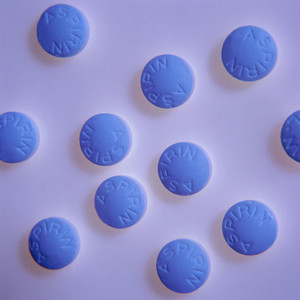In a study carried out in Korean patients the efficacy and tolerability of generic and branded atorvastatin was evaluated and found to be similar in Korean patients at high risk for cardiovascular events.
Efficacy and tolerability of generic and branded atorvastatin
Generics/Research
|
Posted 18/03/2011
 0
Post your comment
0
Post your comment

This study was set up in Korea prior to the launch of a generic version of atorvastatin. Atorvastatin is a statin used for lowering low-density lipoprotein C (LDL‑C) concentrations, i.e. for reducing cholesterol.
The study evaluated the generic formulation versus a branded formulation at the same dosage in a total of 244 Korean adults with high cholesterol, and therefore at high risk for cardiovascular events (heart attacks) over an 8-week period between September 2008 and May 2009.
LDL-C concentrations were reduced from baseline by 44% and 46% after eight weeks of treatment with the generic and branded formulations, respectively.
The researchers concluded that, after eight weeks of treatment, the differences in the LDL-C-lowering effects between the generic and branded formulations of atorvastatin did not reach statistical significance in these Korean patients at high risk for cardiovascular events, and that both formulations were generally well tolerated.
Reference
Kim SH, Park K, Hong SJ, et al. Efficacy and tolerability of a generic and a branded formulation of atorvastatin 20 mg/d in hypercholesterolemic Korean adults at high risk for cardiovascular disease: A multicenter, prospective, randomized, double-blind, double-dummy clinical trial. Clinical Therapeutics. 2010;32(11):1896-905.
Most viewed articles
The best selling biotechnology drugs of 2008: the next biosimilars targets
Global biosimilars guideline development – EGA’s perspective
Related content
Japan’s drug shortage crisis: challenges and policy solutions
Saudi FDA drug approvals and GMP inspections: trend analysis
Generic medications in the Lebanese community: understanding and public perception
Community pharmacists’ understanding of generic and biosimilar drugs: Lebanon case study
Generic medications in the Lebanese community: understanding and public perception

Generics/Research Posted 23/01/2024
Community pharmacists’ understanding of generic and biosimilar drugs: Lebanon case study

Generics/Research Posted 08/09/2023
The best selling biotechnology drugs of 2008: the next biosimilars targets








Post your comment